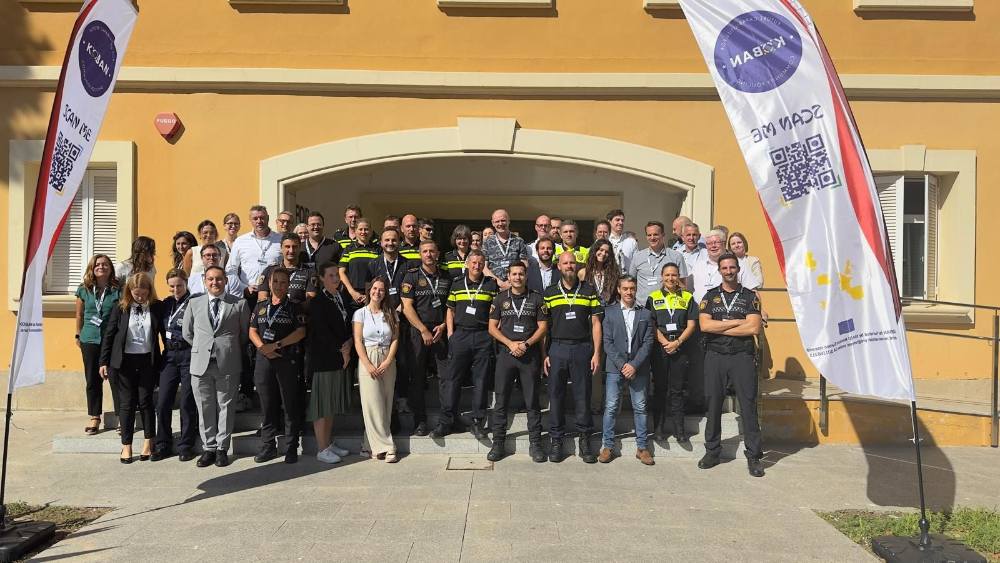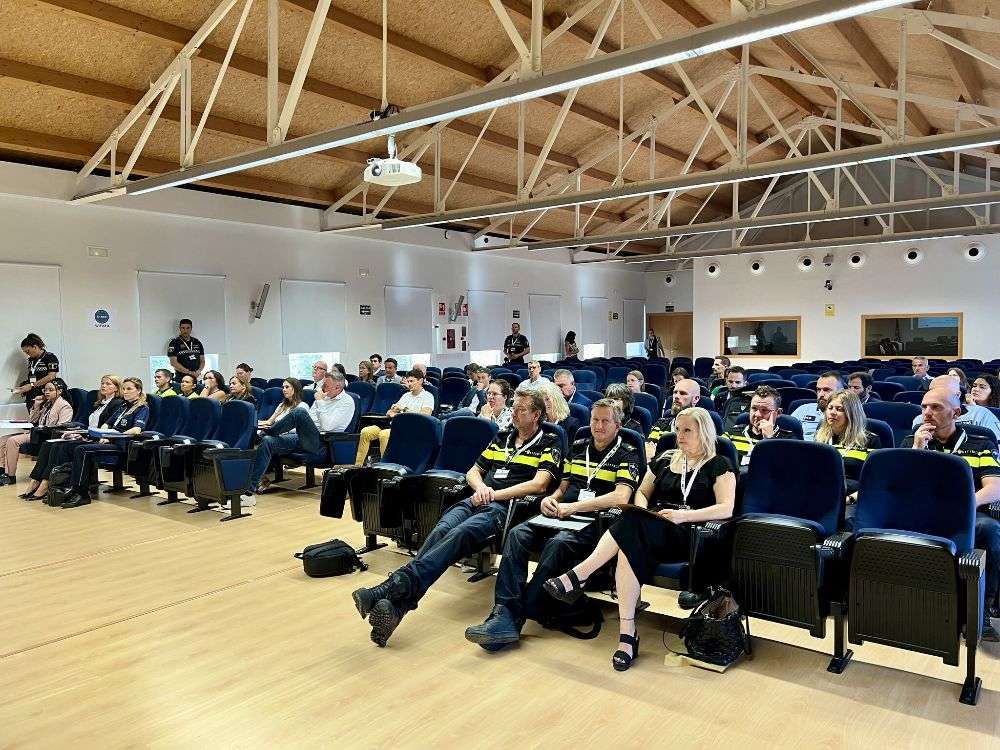A new EU-funded project aims to support community policing by focusing on small, decentralized police units that work closely with local communities. In response to Europe's rapidly evolving demographic, technological, and economic landscape, the project integrates reactive, proactive, and co-active policing approaches, empowering law enforcement to engage effectively with socially complex environments.
Europe’s societal landscape is rapidly evolving due to ongoing demographic, technological, and economic transformations. These changes have introduced new complexities to public safety and community cohesion, pushing law enforcement agencies (LEAs) to adapt their approach to policing. Communities are becoming more diverse and interconnected—both physically and digitally— presenting unprecedented challenges in crime prevention, security, and public trust.
Traditional policing methods are revealing to be limited in addressing the multifaceted needs of modern, non-homogeneous societies. Concerns such as radicalisation, hate crimes, and the digitalisation of criminal activity require law enforcement to adopt more adaptive, responsive, and collaborative strategies. At the same time, public trust in police forces remains fragile, making community engagement and transparency critical components of modern policing.
Introducing KOBAN: A new vision for community policing
The project officially kicked off with its initial meeting in Valencia (Spain), where consortium members from across Europe came together to outline the project’s goals and strategies. This marked the beginning of an important journey towards reshaping community policing and establishing a model that is both adaptable and future-proof.
Holistic Radicalisation Prevention Initiative


Enhancing digital interactions with AI-driven tools
Tailored training for law enforcement and community partners
Driving cultural and organisational change
Know more about this project

KOBAN
Identifying future capabilities for Community Policing
KOBAN is led by the National Police of The Netherlands.
The remaining consortium members of the KOBAN project are IPS_Innovative Prison Systems (Portugal), the Polish Platform for Homeland Security – PPHS (Poland), the Sheffield Hallam University – CENTRIC (UK) Netherlands Organisation for Applied Scientific Research – TNO (The Netherlands), SAHER Europe (Estonia), VicomTech (Spain), TIMELEX (Belgium), the Finnish Police – FIMOI (Finland), Valencia Local Police – PLV (Spain), Home Office of the United Kingdom (UK), Erasmus University (The Netherlands), the European Forum for Urban Security (EFUS), City Brussels Police (Belgium), Ianus Consulting Ltd (Cyprus), the Centre for Research & Technology Hellas – CERTH (Greece), Polish Police Regional HQ in Radom – KWPR (Poland), Lisbon Municipal Police (Portugal) and the Czech Police (Czechia).
For more information on the project, or to learn how to get involved, please visit its website.
Related projects

WAYOUT
Integrated Exit Programme for Prisons and Probation

VicTory
Restorative and victim-centred approach to mitigate hate and (violent) extremism

SHIELDed
Safeguarding symbolic places of personal and religious development and freedom in Europe through a multi-stakeholder approach.

SafeBorders
Strengthening Judicial expertise and Frontline support to combat Child Trafficking

REFUGIN
Communitarian approach for a holistic young refugee long-term integration

R4JUST
Radicalisation Prevention Competences’ Development Programme for Justice Professionals

R2PRIS
Radicalisation Prevention in Prisons

R2COM
Radicalisation and violent extremism prevention in the community

PRACTICIES
Partnership against Radicalisation in Cities

PARTES
Participatory Approaches to Protecting Places of Worship

MIRAD
Multi-Ideological Radicalisation Assessment towards Disengagement

KOBAN
Identifying future capabilities for Community Policing
Related news

JUSTICE TRENDS Magazine Launches 14th Edition: Expanding the Frontiers of Rehabilitation Support
Read More »
IPS’ CEO joins leading experts at event organised by INTERPOL to discuss the future of offender management
Read More »






